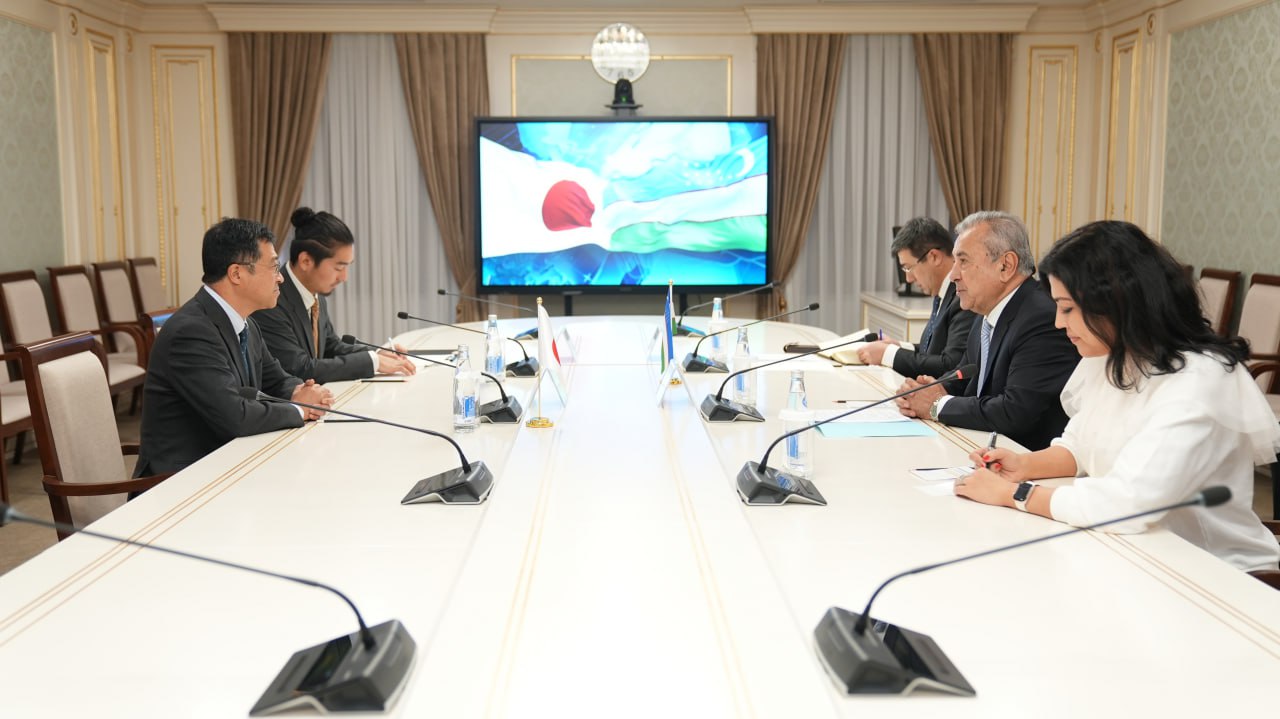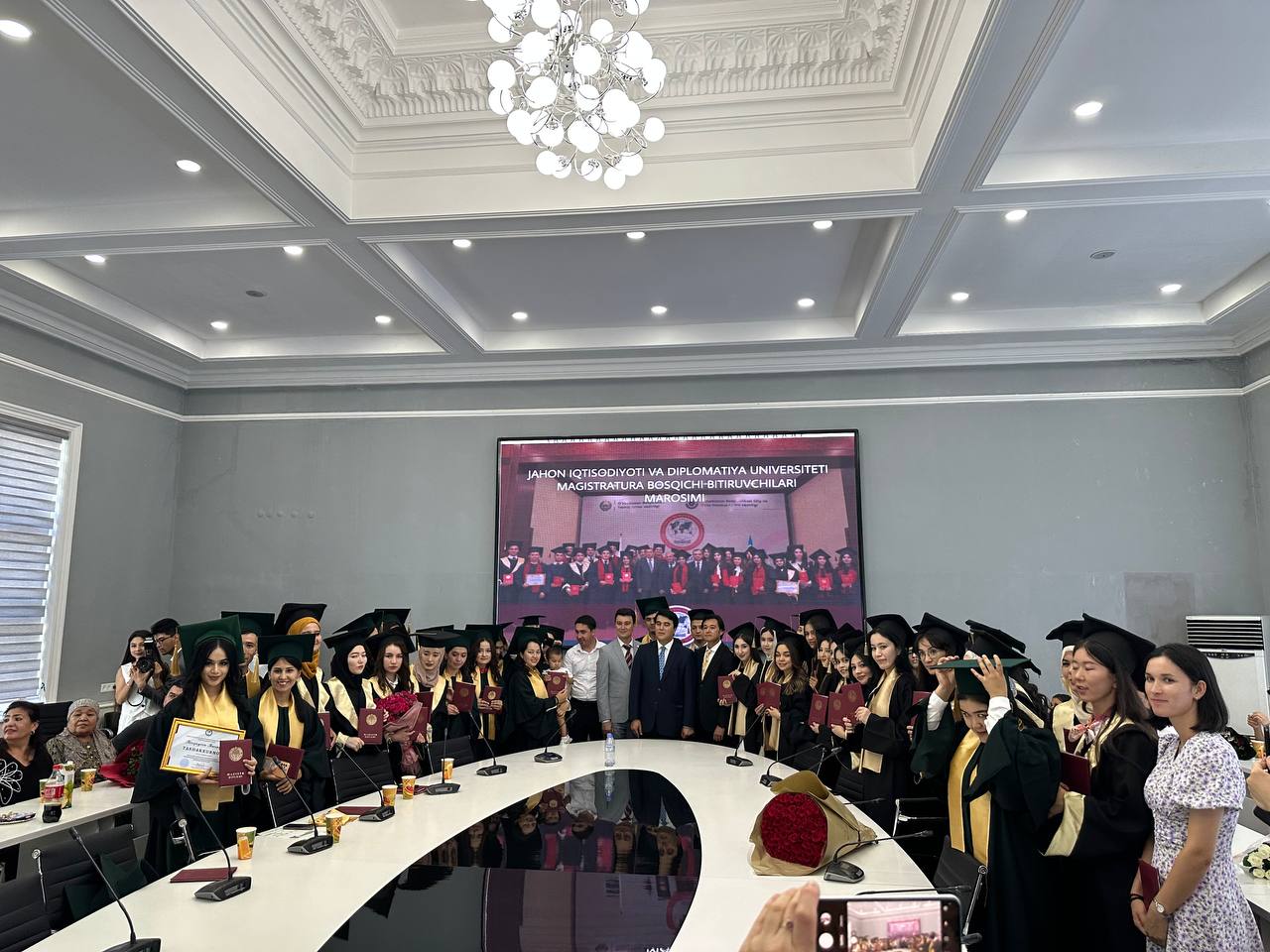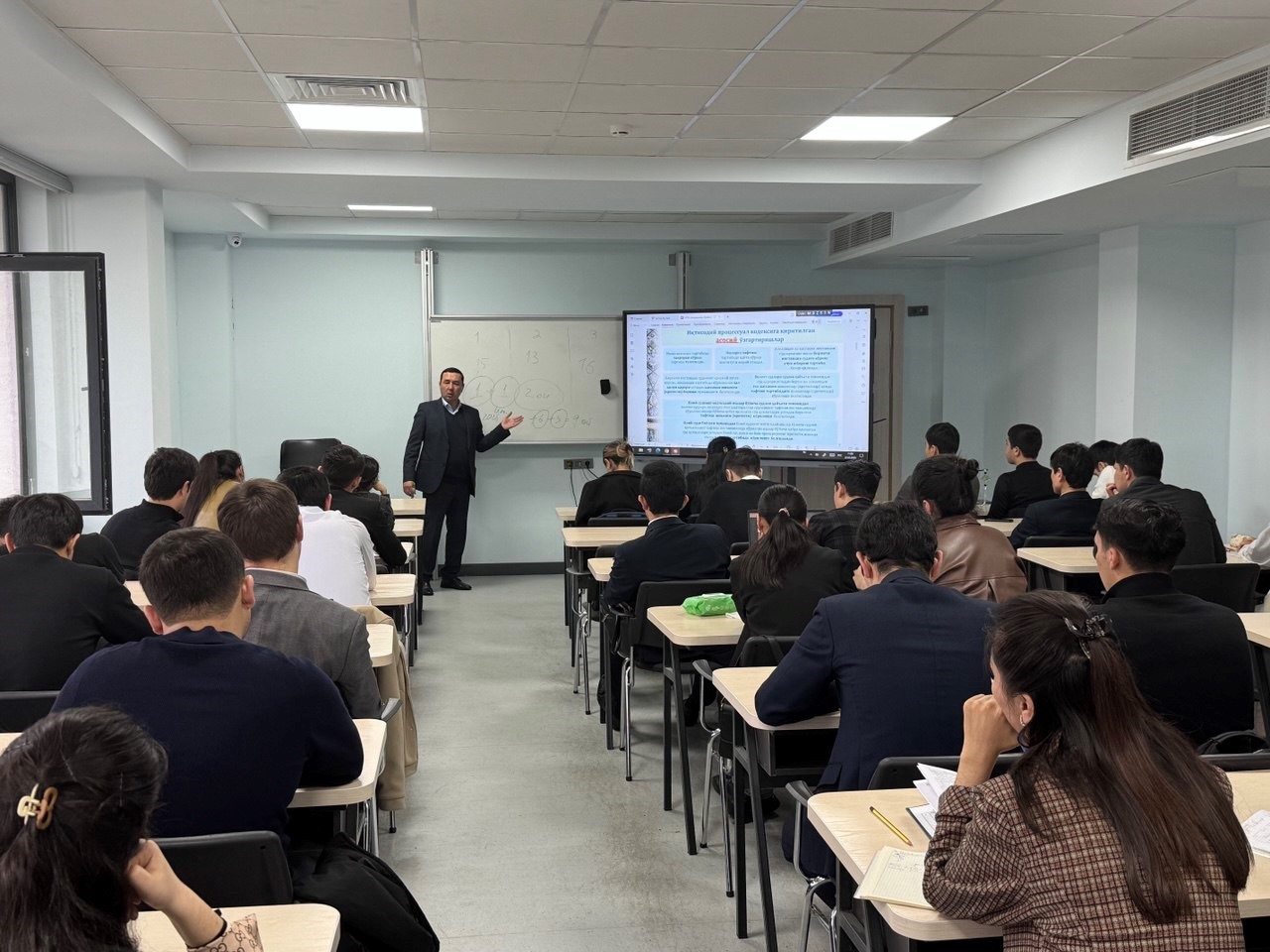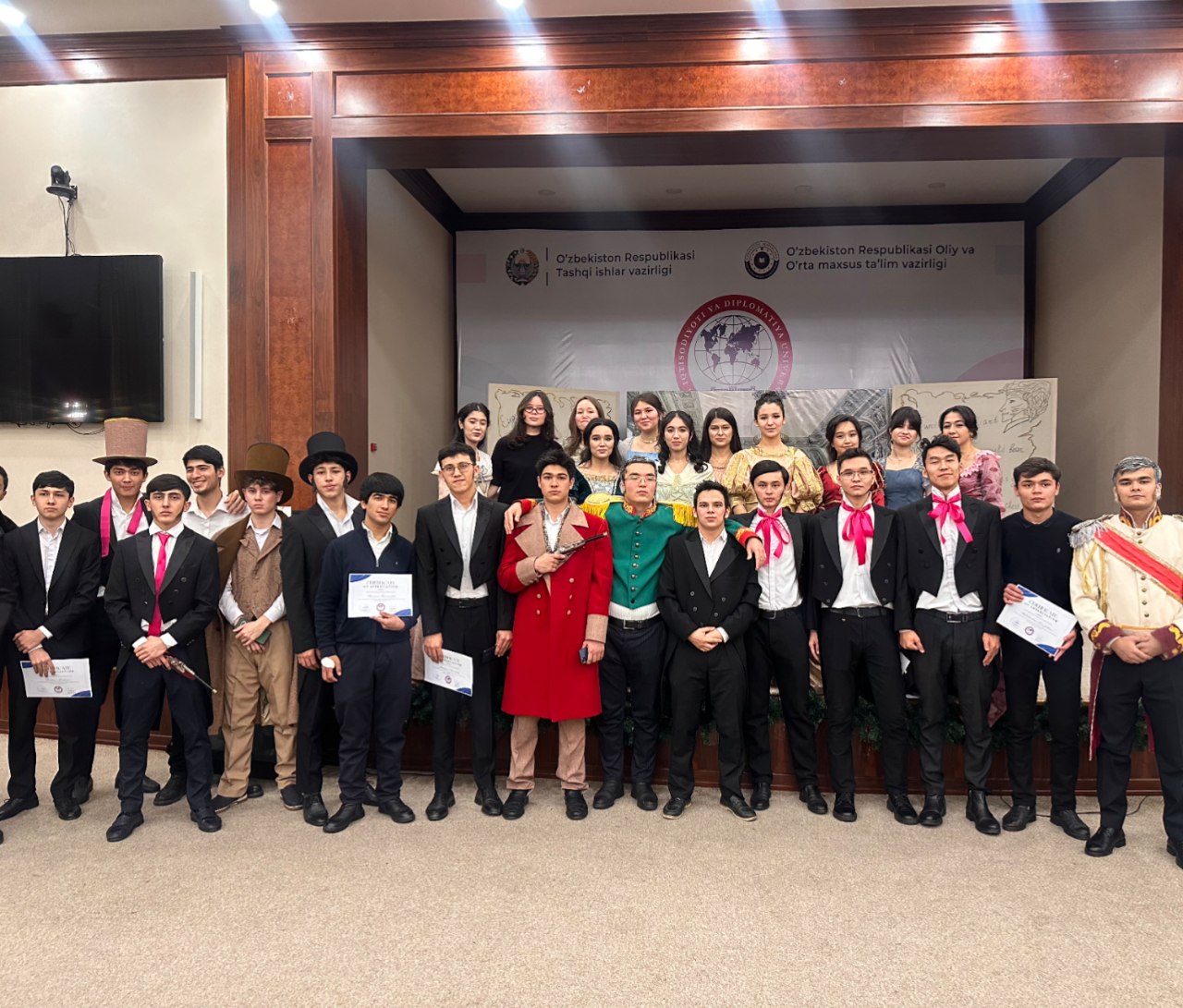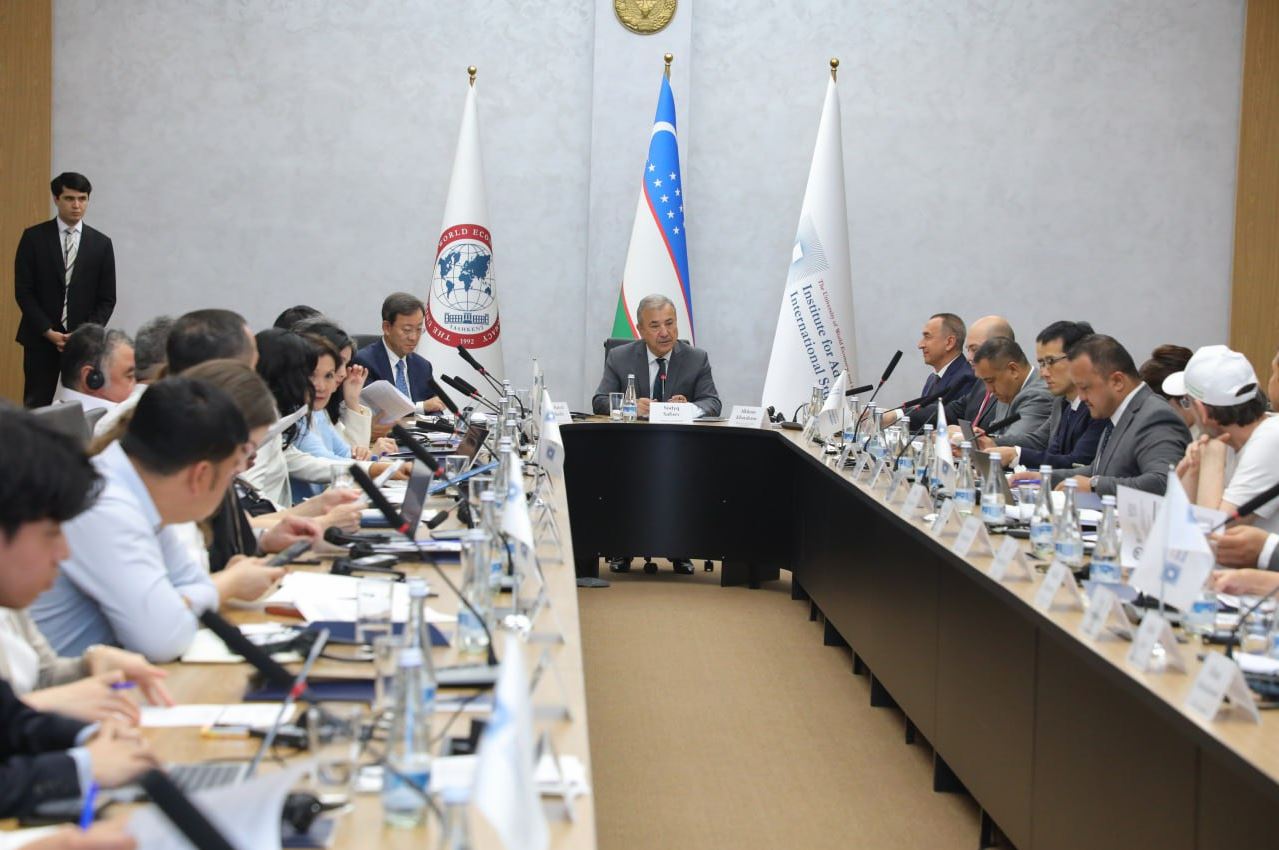
UWED is one of the organizers of the HWCA Erasmus+ training course on water diplomacy
UWED is one of the organizers of the HWCA Erasmus+ training course on water diplomacy
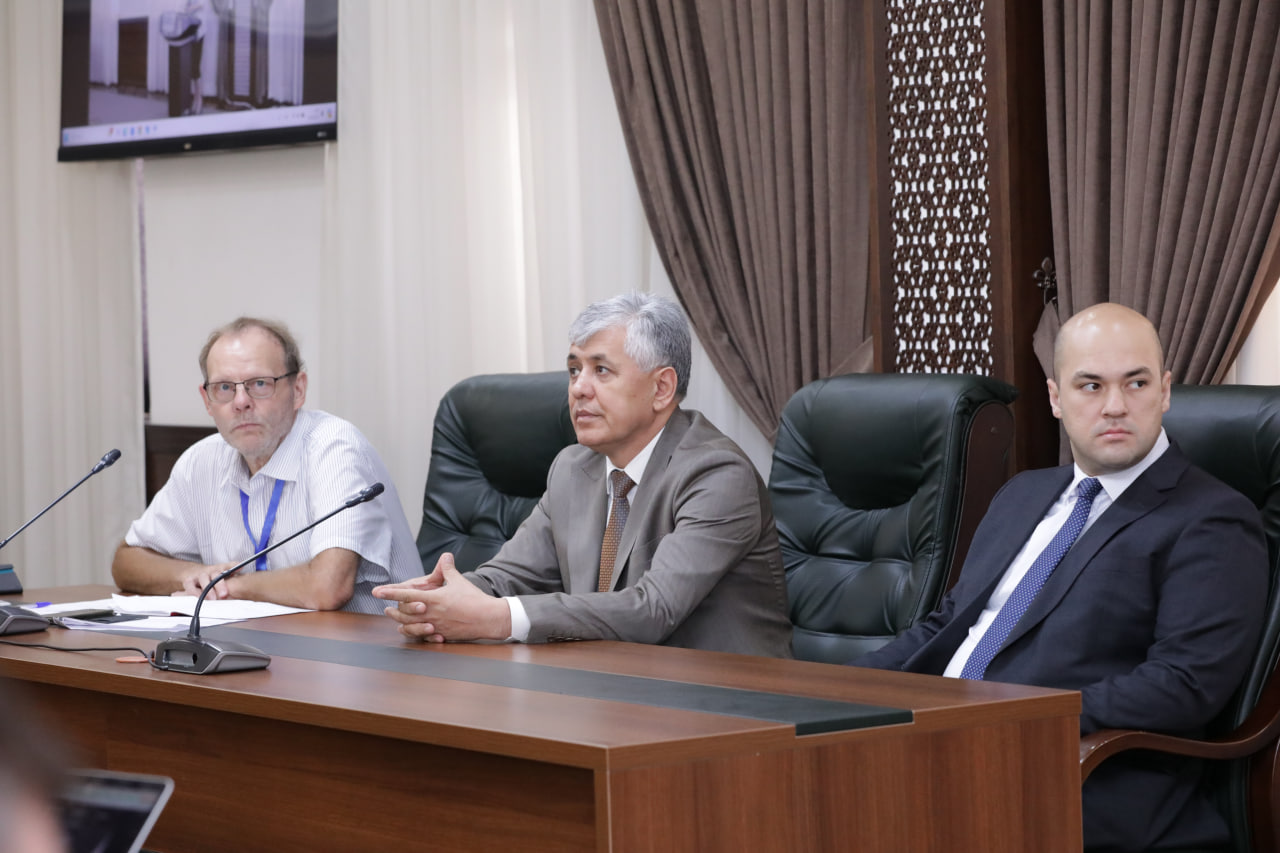
On August 5th, the Tashkent Institute of Irrigation and Agricultural Mechanization Engineers launched a two-week training course on Water Diplomacy for teaching staff of Central Asian universities commenced, aimed at empowering and educating emerging leaders in sustainable development.
The course is a joint effort by the University of World Economy and Diplomacy (UWED), Tashkent Institute of Irrigation and Agricultural Mechanisation Engineers (TIIAME-NRU), Diplomatic Academy of the Ministry of Foreign Affairs of the Kyrgyz Republic (DAMFA-KR), and International Water Management Institute (IWMI) within the framework of the Erasmus+ HWCA project.
This course has been specifically tailored for young professionals and researchers from Central Asia, encompassing a comprehensive curriculum focusing on critical aspects of sustainable development.
The event was opened with representatives of partner organizations, Akram Umarov, the First Vice-Rector for Academic Affairs at UWED, emphasized the critical role of water diplomacy in the current geopolitical landscape.
The event was also attended by the rector of the Tashkent Institute of Irrigation and Agricultural Mechanization Engineers, Bakhodir Mirzaev.
Concurrently, a summer school, sponsored by the Blue Peace Central Asia initiative of the Swiss Government, is underway, focusing on young researchers from partner universities. The primary objective of the summer school is to equip young professionals with both theoretical knowledge and practical skills in water management and water diplomacy. The program offers an extensive training curriculum encompassing lectures by renowned experts, interactive workshops, and field excursions to key water sites. This holistic approach ensures participants gain a well-rounded understanding of the challenges and solutions in the field.
By the end of the two weeks, the knowledge gained will empower them to address pressing water-related challenges and contribute to effective policy development and regional cooperation.
It should be noted, this project represents a significant step towards addressing the pressing issues of water security and climate resilience in Central Asia through education, collaboration, and innovation.
For information. Water diplomacy has become an important part of foreign policy and economy in the Central Asian region against the background of the increasing impact of factors such as climate change and population growth. The main goal of water diplomacy is to consolidate international efforts to create a fair, multilaterally based on global and regional water management systems and equal access of states to water resources.
